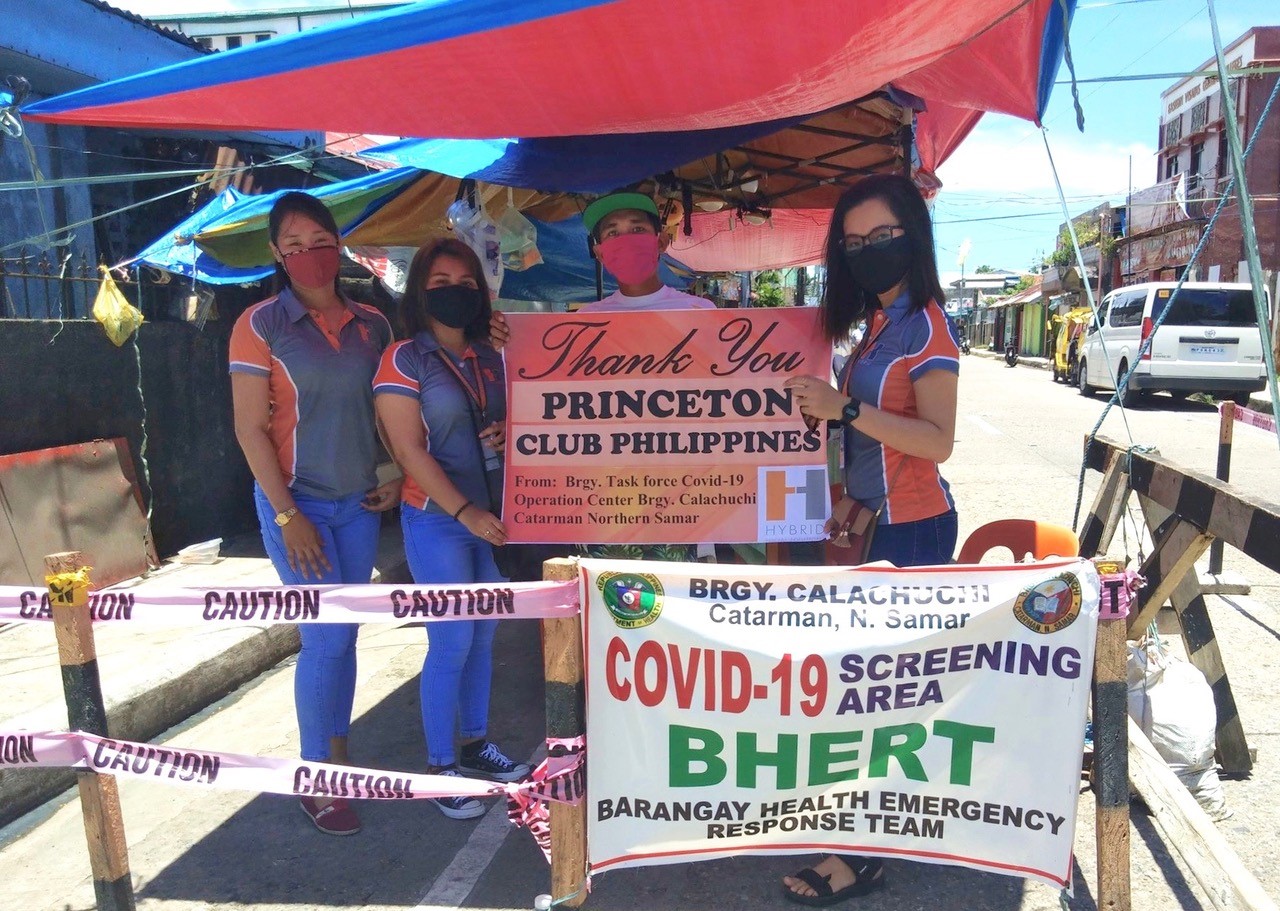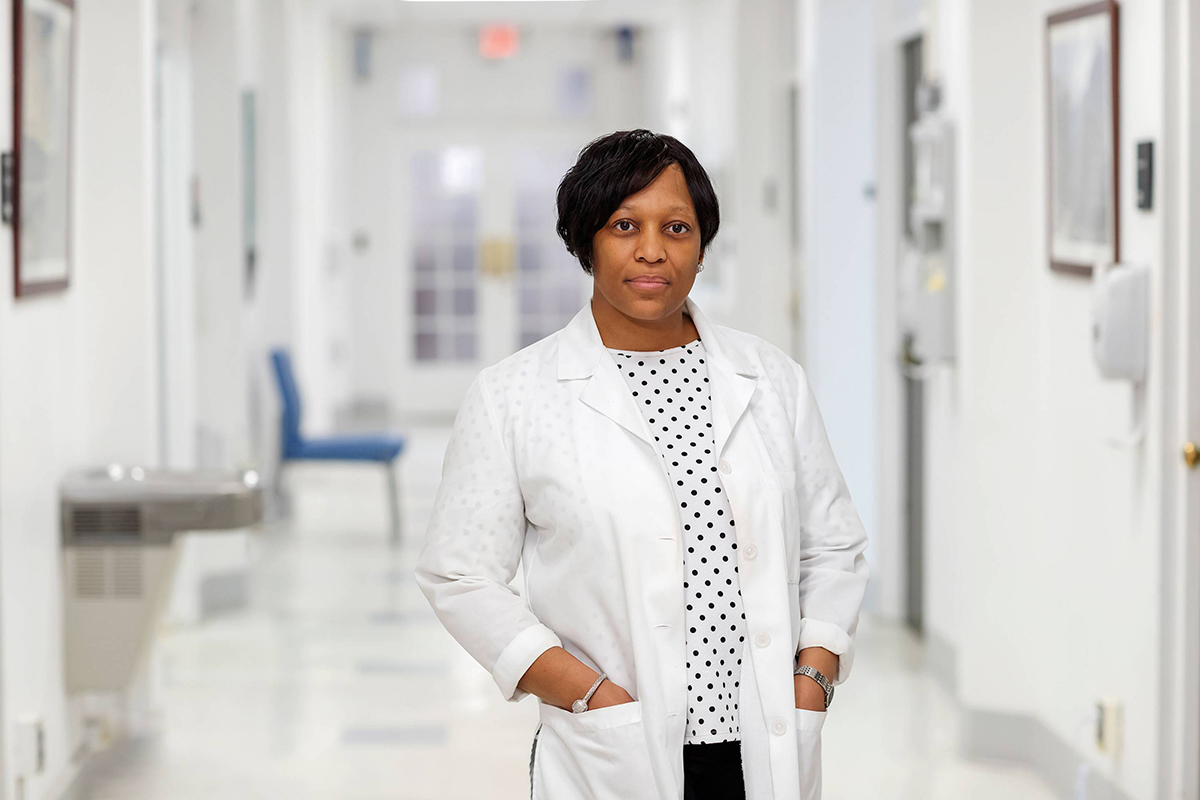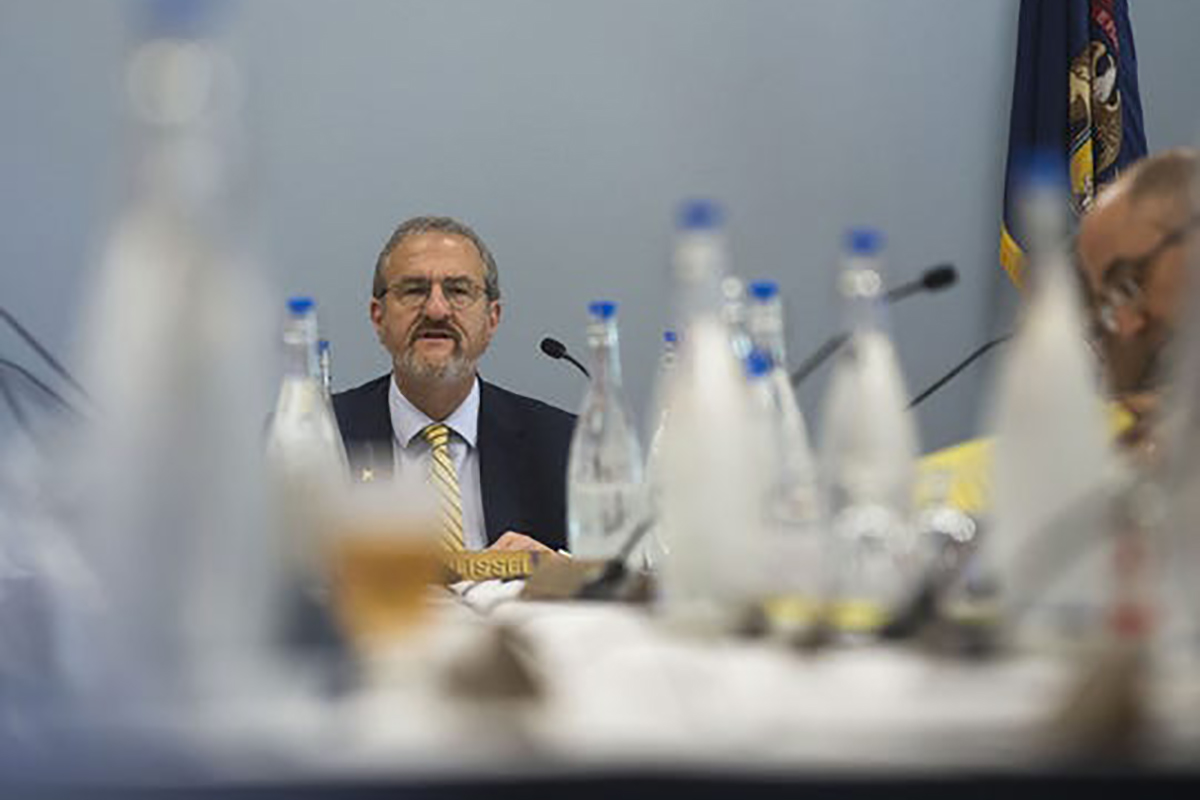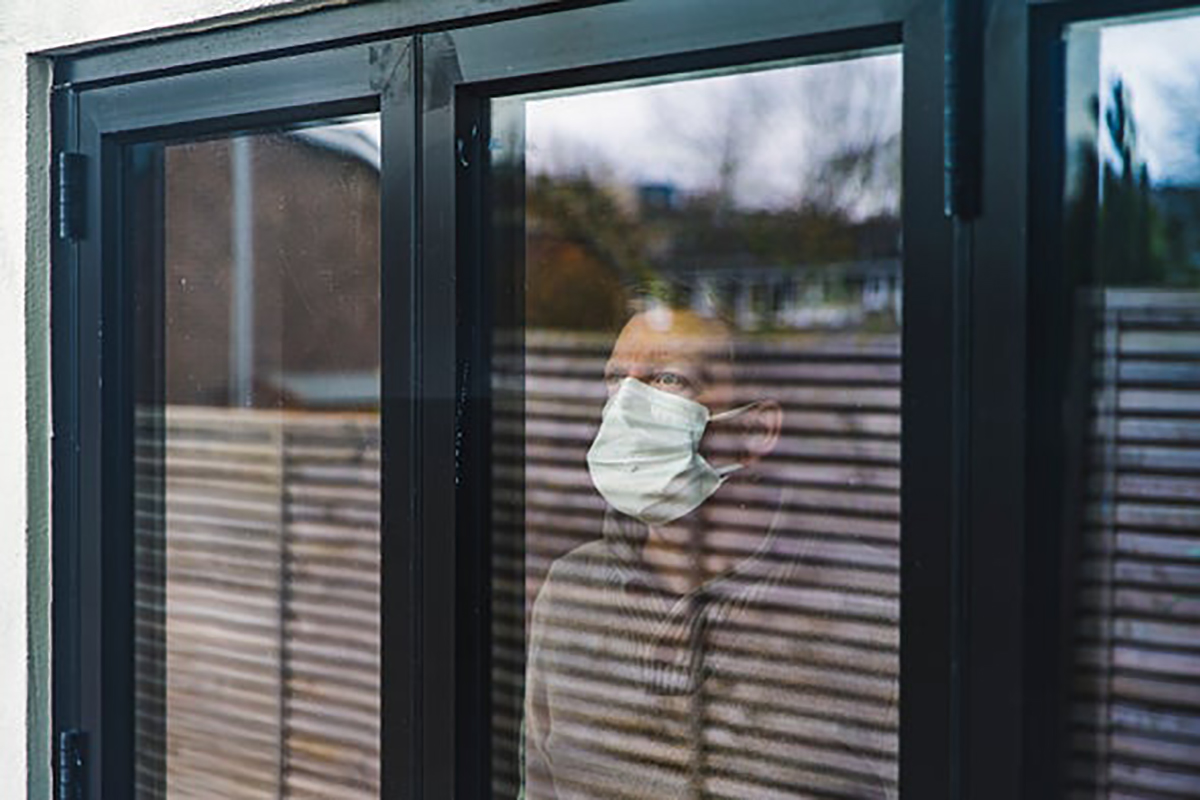
Jim Ayala ’84 has dedicated the last 10 years of his life to helping the most vulnerable rural communities in his native Philippines, and unfortunately, he’s had too many opportunities to shine. “We are the No. 1 country in the world in terms of calamities,” Ayala said. “Typhoons, floods, earthquakes, tsunamis, volcanoes — you name it, we’ve got it.”
Add COVID-19 to the list.
More than 10,000 Filipinos have tested positive for the virus and nearly 700 have died. While those figures seem modest compared to the United States, they are higher than the Philippines’ neighbors in Southeast Asia, and there are concerns that numbers could grow even more when the government eases its lockdown restrictions on the hard-hit capital city of Manila on May 15.
In a country where 20 percent of the population lacks electricity and the nearest hospital might be a six-hour bus ride away, containing the pandemic will be a challenge. A literal army of volunteer health workers have dispatched to rural villages to slow the spread, going house-to-house, explaining the COVID-19 threat, its symptoms, and how to keep families safe. But the frontliners are dangerously ill equipped. Numbering about 500,000, they work round-the-clock without adequate personal protective equipment (PPE), often in darkness in remote villages without power. According to a recent report in the South China Morning Post, 27 health care workers have died from COVID-19 infection in the Philippines, and more than a thousand have fallen ill and tested positive.
Ayala’s company, Hybrid Social Solutions, has made inroads and cultivated partnerships in these country communities. A socially-conscious enterprise focused on providing innovative solar-energy equipment to Filipinos living off the grid, Hybrid is helping. They donated PPE equipment for more than 2,300 village frontliners and provided the solar equipment to light-up more than 130 unelectrified quarantine stations so that the health volunteers can effectively and safely do their jobs.
“They’re working 24/7, in the dark, with no PPE, and they’re getting paid maybe $3 or $4 per month,” said Ayala, a former University trustee. “They’re putting themselves at personal risk, and I think we started to realize how important their work is. Because if we’re going to slow this thing down, it’s going to be a ground game. You cannot stop this by lobbing metaphorical bombs from afar. You need the infantry going house-to-house because we’re going to need to get everyone to change how they wash their hands and how people interact with each other.”
Hybrid Social Solutions has been working to empower the poorest communities by building a gridless solar electricity network since Ayala established it in 2010, a few years after he left a successful career at McKinsey & Company’s global consulting firm. More than 400,000 Filipinos have plugged in to Hybrid’s solar energy system.
“We describe our company’s culture as Don Quixote meets Mother Teresa meets the Marines,” Ayala said. “You know the famous song: ‘Dream the Impossible Dream’? People thought Quixote was nuts. We wake up every morning with this crazy dream.”
Princeton helped teach Ayala to dream big, and the University still holds a special place in his heart. (Note the colors of Hybrid’s logo.) His eldest daughter graduated from Princeton last May, and his youngest is a member of the Class of 2021. Both of them helped Ayala with Hybrid’s current health workers campaign.
Other Tigers have also pitched in, including Paulo Campos ’05, the CEO of Zalora Philippines. The popular fashion e-commerce site supported the COVID-19 effort by posting links to donate to Hybrid’s cause on its homepage. The Princeton Club of the Philippines raised money, too, and sponsored the solar equipment at a few quarantine stations.
“The strategic framework that the country is following is prevent, detect, isolate and treat,” Ayala said. “The support we’re receiving allows us to be on the frontlines and focus on stopping that first domino from falling.”




